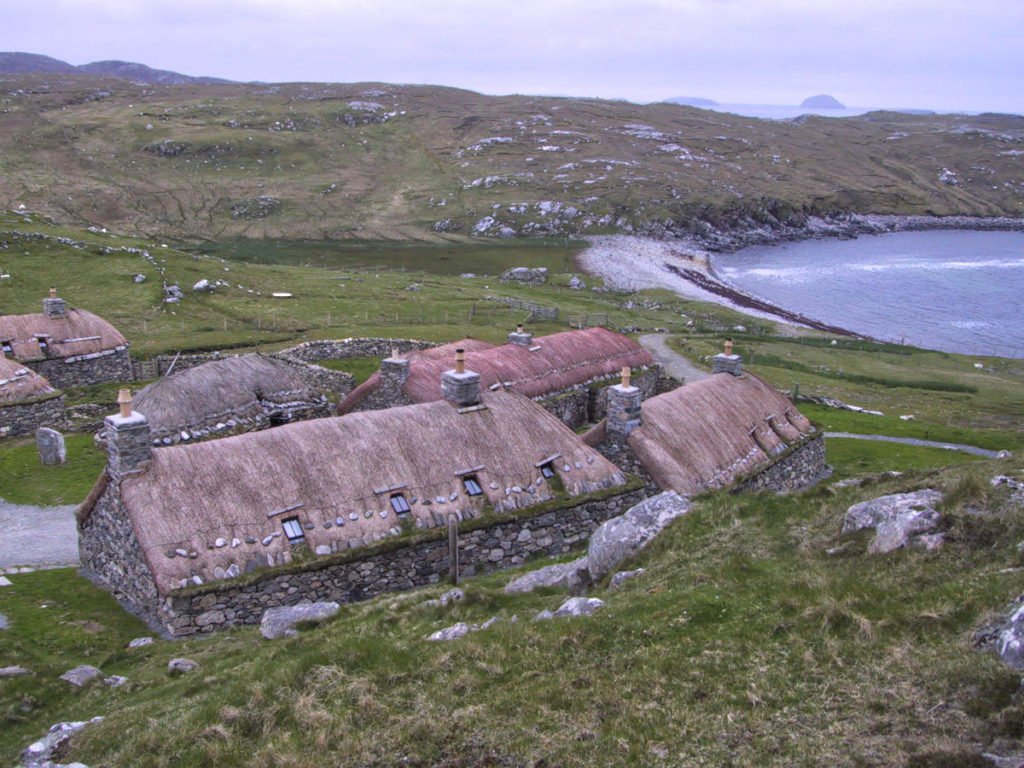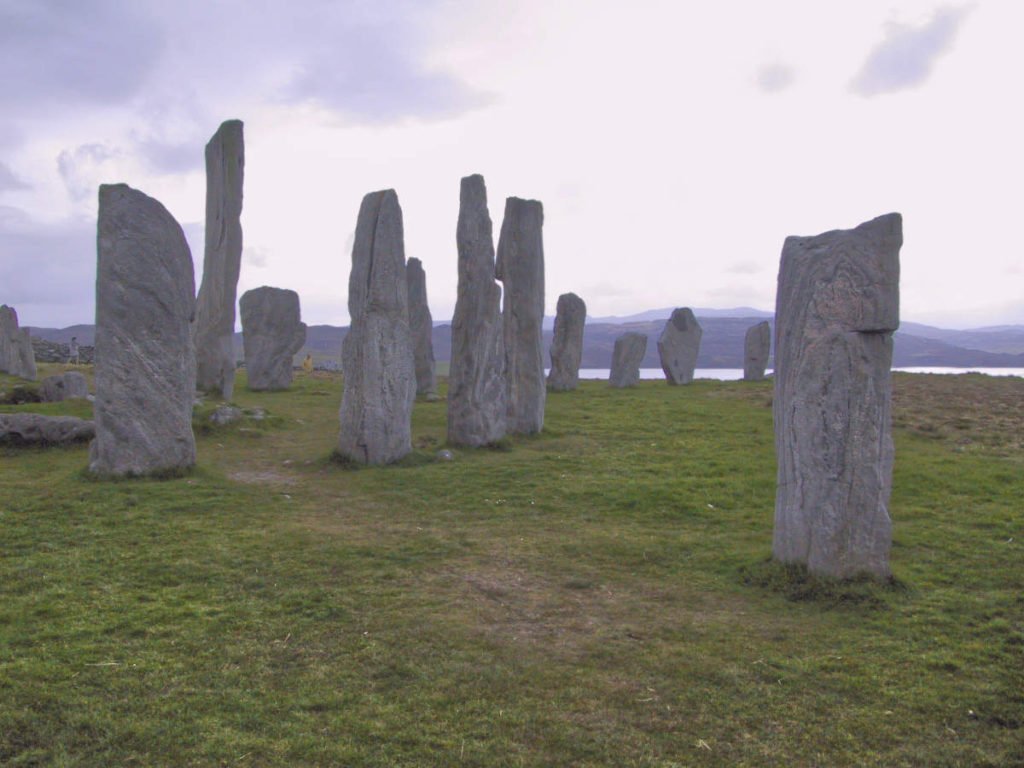19th May 1918
Lord Leverhulme buys the Isle of Lewis
William Hesketh Lever made his fortune in soap. He founded Lever Brothers with his brother, James, and started creating cleaning products that used vegetable rather than animal fats. He was brought up in a religious household, and this may have had a bearing on the way he conducted himself in later life. He became well known for his philanthropic activities.
In the late 1880s, he bought a large plot of land on the Wirral, close to the River Mersey, on which he built Port Sunlight to house his workers. The quality of the housing was better than the average, on the basis that it would help maintain the health of his workers and, thus, encourage them in their work.
Leverhulme buys Lewis
He bought the Isle of Lewis for £167,000 in May 1918 and, the following year, added South Harris for a further £36,000, with the intention of building up the fishing industries on the islands. He invested heavily in new facilities on land, and refrigerated boats with the capacity to take a catch to northern England, not just mainland Scotland.
The Aberdeen Press and Journal of 16 February 1918 reported the completion of the arrangements that would allow the purchase to proceed, noting that “it is proposed to take over the property as at Whitsunday next. The purchase price has not been disclosed. It may be recalled that in November, 1913, Colonel Matheson [who then owned it] offered to sell the island, which is the largest territorial property in the United Kingdom, to Mr Lloyd George.”
This led to conflict. Plans had long been discussed to break up some of the larger blocks of land on the islands to create smaller crofts which, as a significant landowner, Leverhulme opposed.

Leverhulme meets his dissenters
Several locals took matters into their own hands, and set up homes on plots that Leverhulme owned on Lewis and, on 26 September 1919, the Dundee Courier reported that Leverhulme had “met with the men who had raised Gress and Coll farms, and others who are desirous of getting land in the district.” He proposed the erection of a series of homes, each with a living room, three bedrooms and scullery that would cost around £250 to construct. If the local families could raise 20% of the cost, he would loan them the remainder. These houses would be constructed on quarter-acre plots which, he believed, would allow for the creation of 2000 new homes, rather than the 143 holdings proposed by the government. “During the subsequent discussion,” the paper continued, “Lord Leverhulme said if they did not work with him it would be impossible for him to go on with his schemes, and he would abandon all he was doing in Lewis and concentrate on Harris, where the people had decided to give his schemes a ten-years’ trial.”

Further disagreements
An agreement was reached, but it didn’t hold, and on 19 November 1921 Leverhulme again appeared in the pages of the Dundee Courier, explaining that “I offered to carry out certain development work [on Lewis on the condition that] the taking of farms for conversion into small holdings should be suspended for ten years while my schemes were being given a trial. Notwithstanding this, raiding again broke out, and I was forced into the position of announcing that either the raiding must cease or I must suspend the constructive and development work I had on hand.”
But the economic conditions under which Leverhulme had made his pact had changed, and he had suspended work on the basis that continuing to do so would be, at best, an act of charity. The Secretary of State for Scotland, Robert Munro, thus revived the government’s scheme to organise land into holdings in line with its own, rather than Leverhulme’s, plans.
Following Lord Leverhulme’s death in 1925, Lever Brothers brought what remaining work was in progress to a halt.
